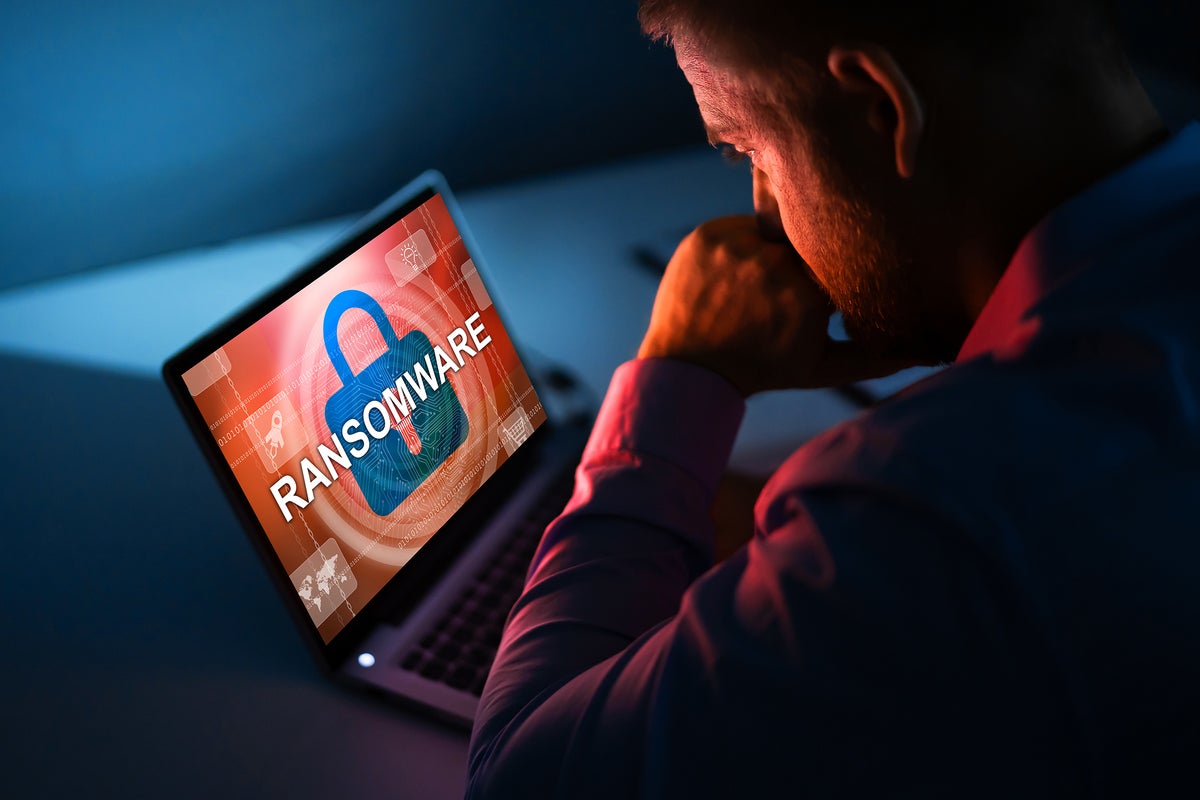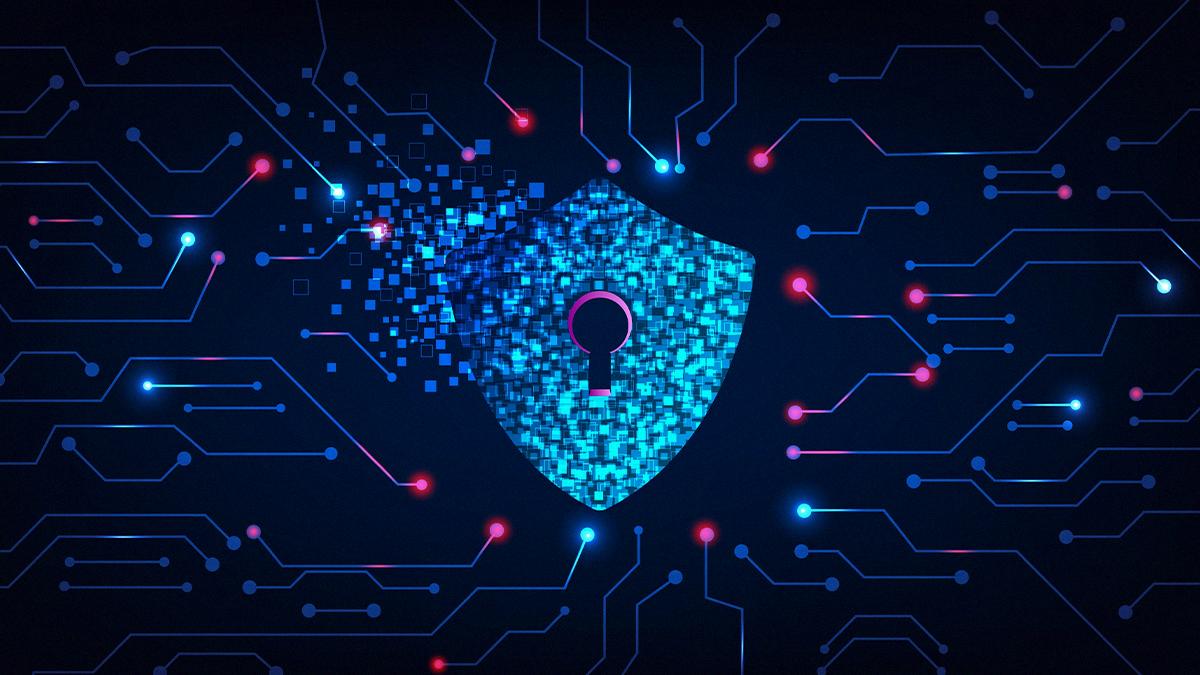Ransomware is a type of malicious software that encrypts your data and holds it, hostage until you pay a ransom. It can be devastating for individuals and businesses alike because once the data is encrypted, it’s nearly impossible to get it back without paying the ransom. That’s why it’s so important to have a good ransomware scanner in place that can detect and block ransomware before it can do any damage.
A ransomware scanner is an automated security program that scans your computer or network for signs of ransomware activity. It looks for telltale signs of malware, such as suspicious files or changes to system settings. If the scanner finds anything suspicious, it will alert you and recommend steps to take in order to protect your data.
The best ransomware scanners will also use heuristics—a set of rules based on past experience—to identify new threats that are similar to known ones. This helps them stay ahead of the curve when it comes to detecting new types of malware. Additionally, many scanners come with features such as automatic updates, quarantine zones where malware can be quarantined before being eliminated from your device, and customizable alerts for when a threat has been detected.
When shopping for a ransomware scanner, look for one that offers real-time protection so it can detect threats as soon as they appear on your system. Also, make sure the scanner has been tested by an independent third-party organization like AV-Test or AV-Comparatives so you know you’re getting reliable protection from known threats. Additionally, some scanners offer additional features like backup and recovery in case something does slip through their defenses—so make sure you check these out too if you need them!
With the right ransomware scanner installed on your computer or network, you can rest assured that your data is safe from the latest threats—and enjoy peace of mind knowing that if something does get through your defenses, you have a backup plan in place to recover whatever was lost. So don’t delay: invest in a good ransomware scanner today and start protecting yourself!

Scanning for Ransomware
Yes, you can scan for ransomware using a ransomware scanner. A ransomware scanner is an anti-malware program designed to detect and prevent malicious software from accessing and potentially damaging your computer or IT network. By performing scans of your computer, the scanner can detect any known threats that exist on your system and alert you to take action accordingly. It is important to note that ransomware scanners cannot guarantee complete protection against malware, as new variants are constantly being developed. However, they can provide an extra layer of security against the threat of ransomware attacks.
The Best Tool for Removing Ransomware
The best tool to remove ransomware depends on the type of ransomware that you have. It is important to identify the specific type of ransomware in order to choose the most effective removal tool. Some of the popular options include TotalAV Antivirus, Malwarebytes Anti-Ransomware, BitDefender Antivirus Plus, HitmanPro Alert, Zscaler, Comodo AEP, Acronis Ransomware Protection, and ZoneAlarm Anti-Ransomware. Each of these tools offers different features such as virus and malware scanning, real-time protection, web protection, and more. It is important to research each tool thoroughly in order to determine which one will be the best fit for your needs. Additionally, it is wise to update all software regularly in order to ensure maximum security against ransomware attacks.
Removing Ransomware: Is It Possible?
Yes, it is possible to remove ransomware. However, the method for removal will depend on the type of malware and its effects. If the ransomware has encrypted your data, you will need a decryption tool to regain access. This tool can be provided by the malware developer or an antivirus vendor. Additionally, manual removal of malicious files is possible if you have computer knowledge and expertise. To do this, you must identify the malicious files associated with the ransomware and delete them from your system. Alternatively, you can use an antivirus program to automatically detect and remove these malicious files.
Can Malwarebytes Detect and Remove Ransomware?
Yes, Malwarebytes Premium can scan for and protect against ransomware. Our advanced anti-ransomware technology uses behavioral detection to identify and block ransomware before it can encrypt your files. The real-time protection feature of Malwarebytes Premium scans continuously for malicious activity on your device, so you don’t have to worry about ransomware sneaking through. Plus, our proactive security keeps an eye out for any suspicious behavior that could be caused by emerging threats.
Can Ransomware be Removed by Resetting?
Yes, resetting your computer is an effective way to remove ransomware. When you reset your machine, the infected files that were targeted by the ransomware attack will be replaced with a clean version of your operating system. This will allow your computer to recover in a virus-free state. Of course, it is important to note that any data stored on the machine prior to the attack will be lost as a result of the reset. To ensure your data is safe, it’s important to back up all important information before attempting any kind of reset or recovery procedure.
Scanning a Computer for Ransomware
To scan your computer for ransomware, open your Windows Security settings. Select Virus & threat protection > Scan options. Select Windows Defender Offline scan, and then select Scan now. This will initiate a full system scan of your computer which will check for any suspicious or malicious activity, including ransomware. The scan may take some time to finish, depending on how many files are on your computer. When the scan is complete, it will tell you what threats were detected and provide options to help you remove them.
Removing Ransomware with Apps
Avast One is a free anti-ransomware tool that can be used to keep your PC safe or to remove ransomware from an infected system. It offers comprehensive protection against all types of ransomware, including file encryptors, screen lockers, and crypto-malware. It detects and blocks ransomware before it can infect your system and provides fast and reliable scanning for any existing malware on your machine. With Avast One, you can also schedule regular scans to detect any new threats, as well as monitor suspicious activities with the help of its real-time protection feature. Furthermore, it also comes with a powerful recovery tool that can help you restore any data lost due to ransomware infection.
Can Windows Security Remove Ransomware?
Yes, Windows security has the capability to remove ransomware. Microsoft’s built-in Windows antivirus is powerful enough to detect and block ransomware attacks, and there are several other free antivirus programs available that can effectively do the same. To protect your data from ransomware, it is important to keep your Windows security up-to-date with the latest version of the software, run regular full system scans, and immediately address any potential threats that are detected. Additionally, backing up your data on a regular basis can help minimize damage in case you do end up being affected by ransomware.
Can a VPN Protect Against Ransomware?
No, a VPN alone cannot stop ransomware. However, it can make you less vulnerable to attacks by hiding your IP address and encrypting your traffic, improving your overall privacy and security on the internet.
Ransomware is malicious software that encrypts files on a computer or device, making them inaccessible until a ransom is paid. It is typically spread through phishing emails, malicious websites, and hacked networks. While a VPN can help protect you from malicious actors by providing an additional layer of security over the internet, it does not provide complete protection against ransomware. To fully protect yourself against ransomware, it is important to stay alert and be aware of phishing emails and other cyber threats. Additionally, regularly installing system updates for your operating system can also help reduce the likelihood of falling victim to ransomware attacks.

Source: portswigger.net
The Severity of Ransomware Compared to Malware
Ransomware is generally considered to be more dangerous than other forms of malware because it involves a direct monetary cost. Unlike malware, ransomware can directly encrypt or lock files and restrict access until the victim pays a ransom, thus making it difficult to recover the files without paying. Furthermore, ransomware can also spread quickly across networks due to its ability to encrypt multiple files at once.
However, it is important to note that not all ransomware is more dangerous than other types of malware. Some ransomware may simply display a message on the user’s screen demanding payment, while other forms may delete or encrypt files. It is also possible for ransomware to steal information like passwords and credit card numbers. As such, the level of danger posed by any particular type of ransomware depends on its features and capabilities.
Conclusion
In conclusion, ransomware scanners are a vital tool for protecting your systems and data from malicious attacks. By providing proactive protection against ransomware, these scanners can alert you to take steps accordingly to neutralize any threats. As such, it is important to ensure that your computer is equipped with the latest antivirus software and the best ransomware scanner available. Regular scans should also be done to detect any threats as soon as possible. Finally, using a decryption tool may be necessary in cases where data has been encrypted by ransomware. With the right combination of prevention and detection tools, you can keep your systems and data secure from cyber threats.








